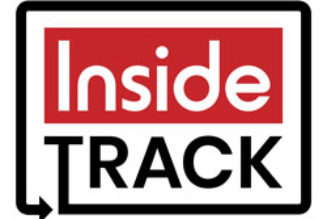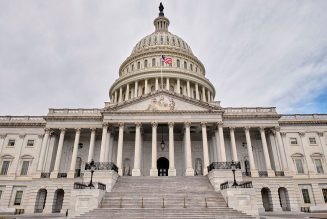Economy
CBK snubs gold as central banks scramble for metal
Friday April 07 2023
Kenya has shied away from gold purchases for the country’s reserves. FILE PHOTO | SHUTTERSTOCK
Kenya shied away from gold purchases for the country’s reserves as central banks and government agencies around the globe stockpiled the precious metal viewed as a safe haven asset during times of geopolitical and economic upheaval.
Central Bank of Kenya (CBK) data shows that the regulator held gold reserves of Sh120.5 million in June last year from Sh105.9 million in 2021 and Sh105.6 million for the year 2020.
This indicates that the quantity of Kenya’s gold reserves remained unchanged, with the value rising as a factor of changes to the price of the precious metal on the global market.
Unchanged Kenya’s gold stockpiles come in a period when central banks added 1,136 tonnes of the metal worth some $70 billion to their stockpiles in 2022, by far the most of any year in records going back to 1950.
Central banks prefer gold because it is expected to hold its value through turbulent times and, unlike currencies and bonds, it does not rely on any issuer or government.
Gold also enables central banks to diversify away from assets such as US treasuries and the dollar.
In Kenya, gold accounted for 0.01 percent of CBK’s reserves worth an equivalent of Sh1 trillion, which includes Sh933.5 billion of currencies like greenback and US treasury bills and Sh71.6 billion of the International Monetary Fund’s own currency, Special Drawing Rights.
“Gold is a very good hedge when currencies are losing their value. Also, when inflation is a big threat, people move into gold because it preserves value,” said Mbui Wagacha, former senior economic advisor, the Executive office of the president, and acting chairman of the CBK.
Read: Central bank seeks identity of major NSE gold traders
Having a significant chunk of gold captured in your books can send positive signals to international investors at a time when currencies are coming under attack, according to Wahoro Ndoho, the chief executive of Euclid Capital and a former director of public debt management at the Treasury.
“Having gold will buttress domestic currency and increase confidence among international investors,” said Mr Ndoho.
Although the quantity of Kenya’s gold holdings has barely increased, its value has more than doubled in the last 10 years. CBK data shows that Kenya’s gold holdings rose from Sh59 million in 2013.
Annual gold demand increased 18 percent last year to 4,741 tonnes, the largest quantity since 2011, driven by a 55-year high in central bank purchases, according to the World Gold Council (WGC), an industry-backed group.
Central banks stockpiled gold at a historic rate in the second half of last year, a move many analysts attribute to a desire to diversify away from the dollar after the US froze Russia’s reserves-denominated in the currency as part of its sanctions against Moscow.
Retail investors bought the precious metal in a bid to protect themselves from high inflation.
Central bank purchases of gold hit 417 tonnes in the final three months of the year, roughly 12 times higher than the same quarter a year ago.
Banks, including those of Turkey, China, Egypt and Qatar, said they bought gold last year. But around two-thirds of the metal bought by central banks last year was not reported publicly, the WGC said.
Banks that have not regularly published information about changes in their gold stockpiles include those of China and Russia.
Gold produces no yield, dulling its appeal to investors when interest rates on low-risk bonds climb.
However, demand from central banks and retail investors helped prevent the yellow metal from sliding further and set the stage for a powerful rally since November.
Gold prices crossed the key $2,000 level this week from $1,711 per ounce in November.
The WGC expects a revival in gold demand from institutional investors this year as interest rates in main economies approach their peak while falling inflation could dampen demand for bars and coins.
As a result of exceptional central bank buying and an expected return of inflows for gold-backed exchange-traded funds (ETFs), UBS raised its year-end target for the precious metal to $2,100 per troy ounce, up from $1,850 previously.
Read: CBK ends rate hikes as inflation slows
It is not clear where Kenya’s gold reserves are stored, but the world’s largest stockpile of gold— nearly $200 billion worth of gold — sits inside the Federal Reserve Bank of New York’s vault.
The roughly 540,000 gold bars belong to 48 foreign central banks and 12 international organisations such as the IMF or the Bank for International Settlement.









